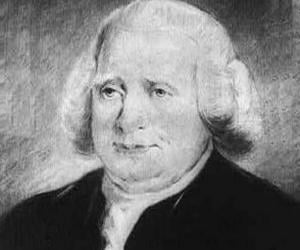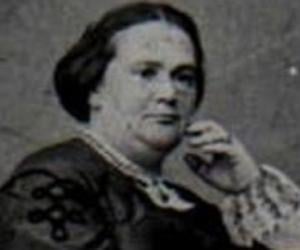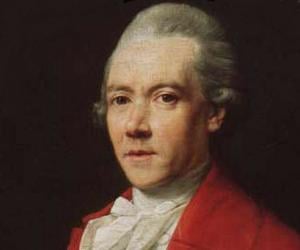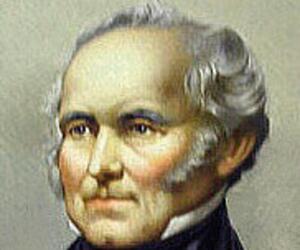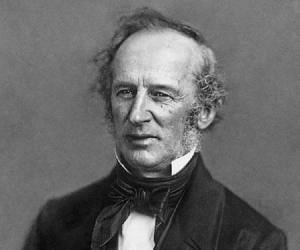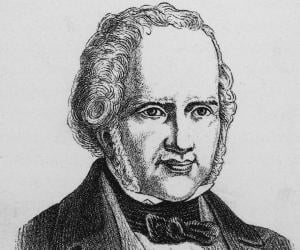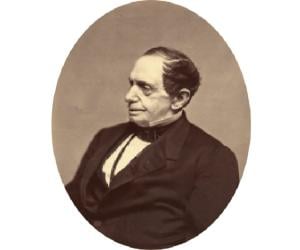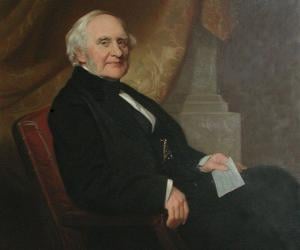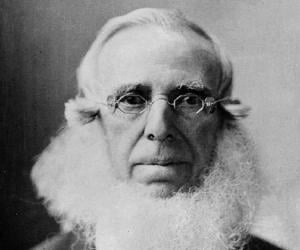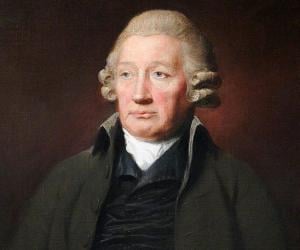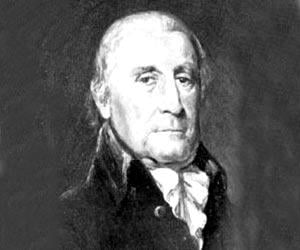Cornelius Vanderbilt was an American business magnate credited with vastly expanding and improving America's transportation infrastructure. For his contributions to the country's railroad industry, Vanderbilt was made an inductee of the North America Railway Hall of Fame in 1999. He is also remembered for providing an initial $1 million endowment to Vanderbilt University, which was named in his honor.
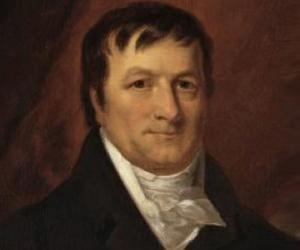
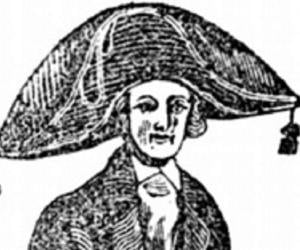
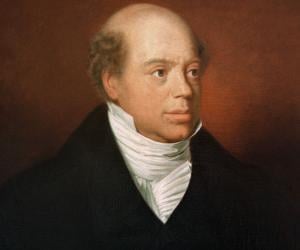
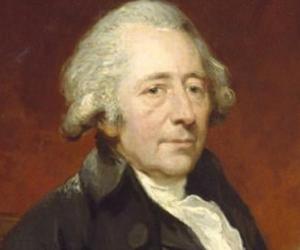
British manufacturer and engineer Matthew Boulton is best remembered as the financier of Scottish engineer James Watt’s pathbreaking steam engine. His Soho Manufactory initially produced metal parts, and he later stepped into John Roebuck’s shoes to partner with Watt, after Roebuck went bankrupt. He also established the Soho Mint.
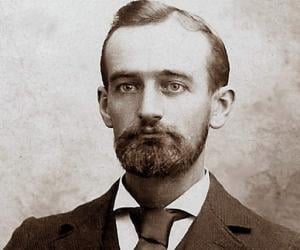
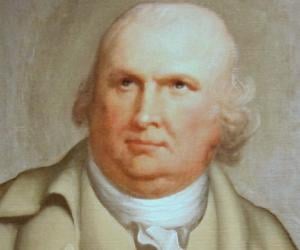
Robert Morris was an English-born merchant best remembered as one of the Founding Fathers of the United States. He was also one of the signers of the United States Constitution, the Articles of Confederation, and the Declaration of Independence. From 1789 to 1795, Robert Morris served as the United States Senator from Pennsylvania.
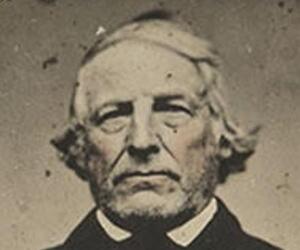
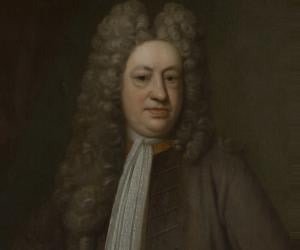
Born in Massachusetts, Elihu Yale moved with his family to Britain at age 3. An East India Company official, he had been the President of Madras and later started a diamond business in London. He later turned into a generous philanthropist and became the main benefactor of what is now Yale University.
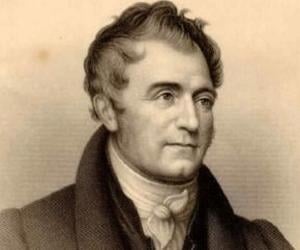
Éleuthère Irénée du Pont was the founder of the American gunpowder company E. I. du Pont de Nemours and Company and the patriarch of the famous du Pont family of businessmen. Born in France, du Pont had escaped to the U.S. with his family during the French Revolution.
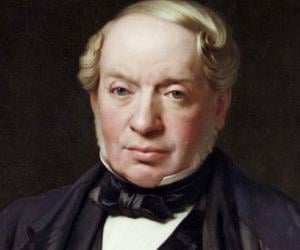
German-French banker and the youngest child of Mayer Amschel Rothschild, James Mayer de Rothschild. He took over the reins of his family banking firm after the death of his brother Nathan and headed the French Rothschild banking family. The Légion d'honneur winner later also invested in a vineyard.
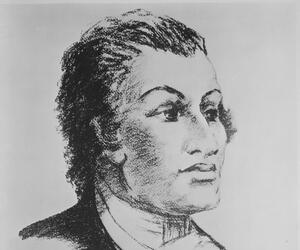
Polish-American businessman Haym Salomon not only contributed to the establishment of the Philadelphia synagogue Mikveh Israel, but also lent huge amounts of interest-free money to soldiers and other borrowers during the American Revolutionary War. The financier eventually died in poverty, with the American government owing thousands of dollars to him.
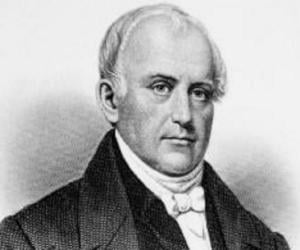
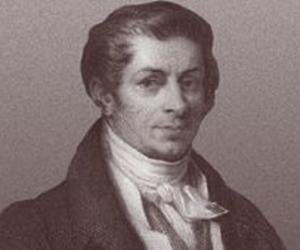
French economist Jean-Baptiste Say supported free trade and competition. Scholars of economics know him for his law of markets, which states that supply creates its own demand. He had experimented with many jobs, from being a journalist to owning a cotton mill, and eventually became an economics professor.
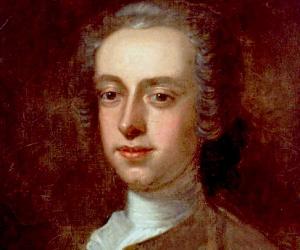
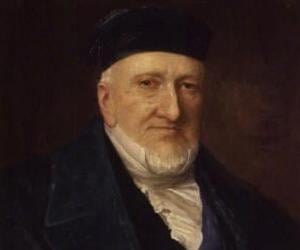
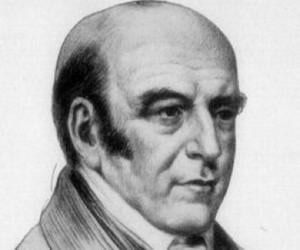
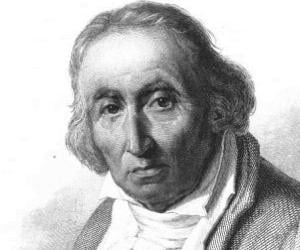
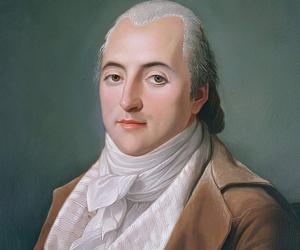
Henri de Saint-Simon was a French political, economic, and socialist theorist and businessman. His ideology was the inspiration behind the political and economic movement known as Saint-Simonianism. He left a major influence in the fields of politics, economics, sociology, and philosophy of science. His ideas also inspired and influenced the concept of utopian socialism.
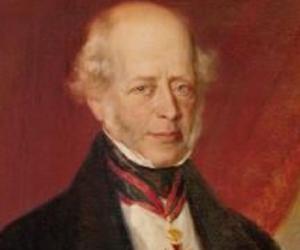
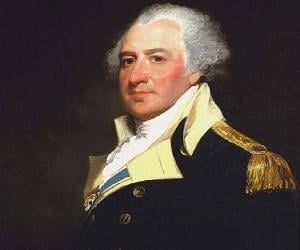
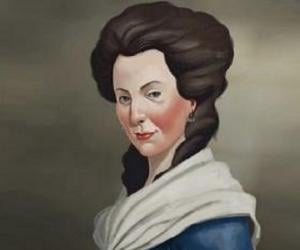
Eliza Lucas was an agronomist who redefined agriculture in colonial South Carolina by developing indigo as one of the region's most prominent cash crops. The processing of indigo as dye influenced the colony's economy greatly before the Revolutionary War. She was the first woman to be be inducted into the South Carolina's Business Hall of Fame in the 20th century.
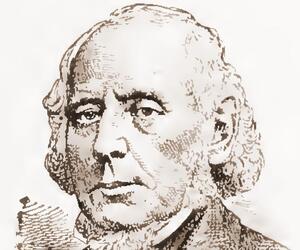
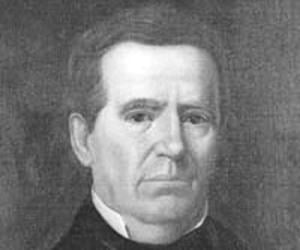
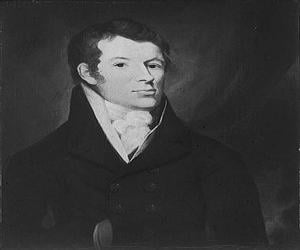
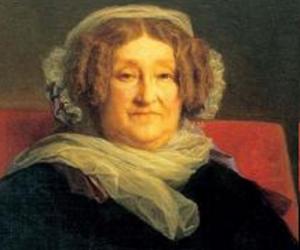
Madame Clicquot Ponsardin was a French businesswoman and Champagne producer. Clicquot is best remembered for taking over her husband's business and turning the company into a world-famous Champagne house. Veuve Clicquot Ponsardin, the company which still bears her name, is credited with inventing a novel technique called riddling which is still used today to make better Champagne.
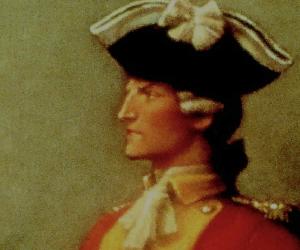

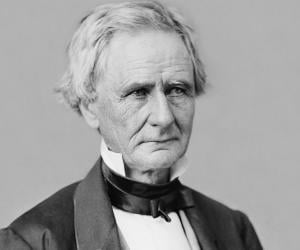
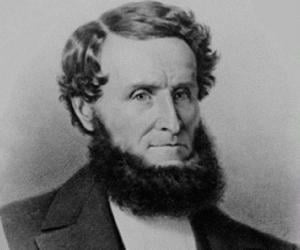
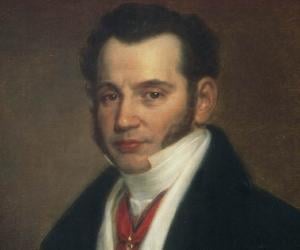
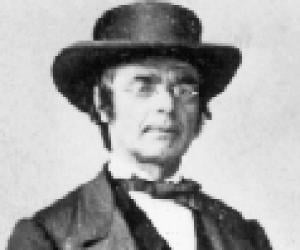
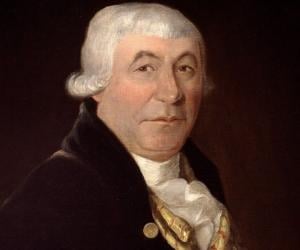
James McGill was a Scottish Canadian politician, philanthropist, and businessman best remembered for founding McGill University in Montreal, Canada. One of the most important members of the Château Clique, McGill was also one of the founding members of the famous gentleman's dining club, The Beaver Club.
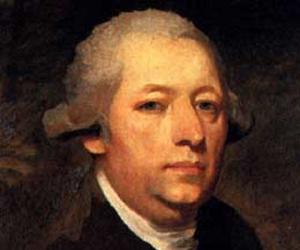
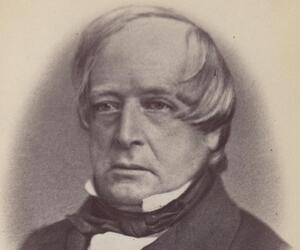
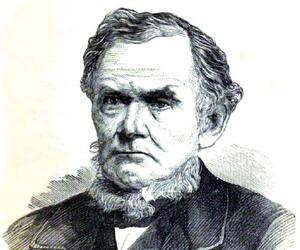
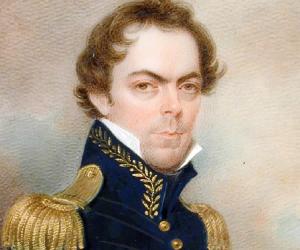
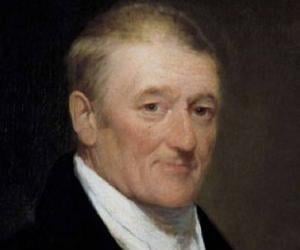
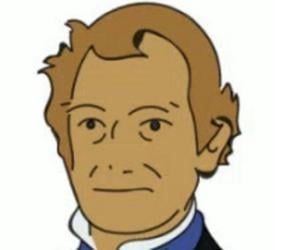
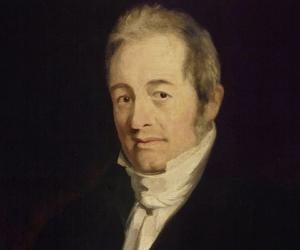
John Galt was a Scottish entrepreneur, novelist, and social and political commentator. Often referred to as the first English-language political novelist, Galt wrote extensively on issues pertaining to the Industrial Revolution. John Galt is also known as the father of Sir Alexander Tilloch Galt, who went on to become one of the fathers of the Canadian Confederation.
